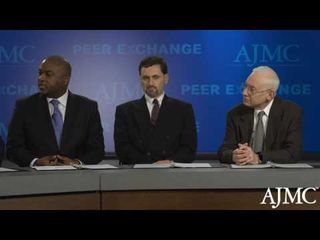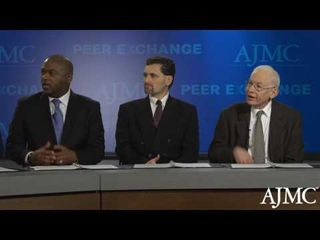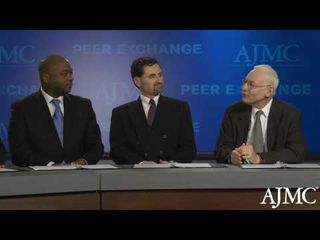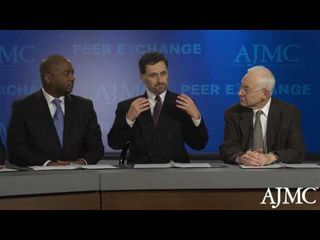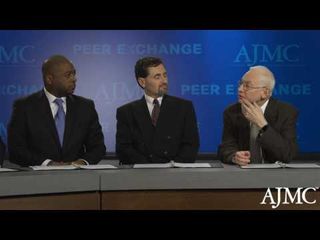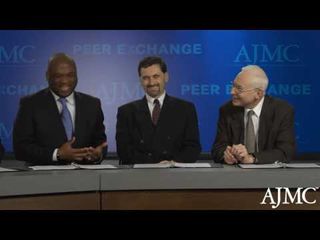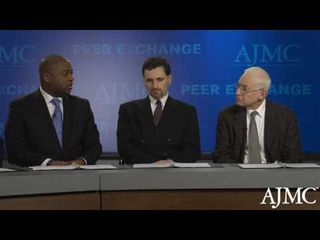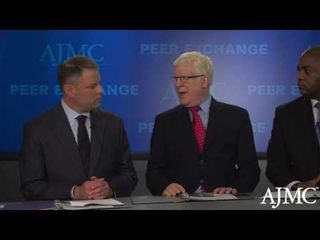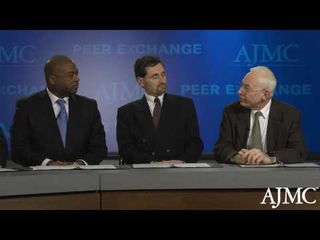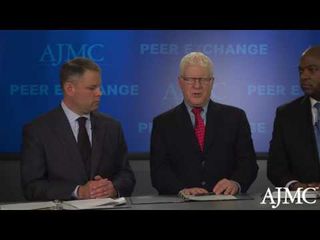
Diabetes
Latest News
UnitedHealthcare's Medtronic Deal Sparks Furor, but a Year Later, Innovation Continues
Latest Results on Intarcia's Mini-Pump Show "Clear Value to Payers," Says Study Author
Latest Videos

CME Content
More News

An experienced market watcher who has diabetes predicts the key to success will come down to one factor: ease of use.

The chief medical officer of Omada Health discusses a transition from one of the world's largest pharmaceutical companies to a digital health provider, and from treating chronic disease to preventing it.

Authors of the study say the technology exists to screen seniors with type 2 diabetes and identify those at risk of a fracture.

Truck drivers were identified in a Gallup survey as the profession most at risk for type 2 diabetes.

Experiments with baker's yeast showed why a fat-regulating enzyme is needed in the body.

Salt intake may be associated with an increased risk of developing diabetes. Research presented at the annual meeting of the European Association for the Study of Diabetes and published in Diabetologia found sodium intake increased the risk of developing both type 2 diabetes and latent autoimmune diabetes in adults.

While many payers, and the Blues in particular, have invested in digital health startups, a new agreement will pair Horizon with a company whose philosophy rejects the operating mentality of most insurers.

Screening for depression in the primary care setting can take as little as 30 seconds, but screening is only effective if it actually leads to intervention, explained Michael E. Thase, MD, professor of psychiatry and director of the Mood and Anxiety Program at the University of Pennsylvania.

Researchers noted that the oral therapy functions independently of insulin to carry excess blood glucose out of the system.

The results support policy positions that diabetes self-management education and support should occur at transitions in care.

The results were profound enough that researchers say it might be wise to screen patients for diabetes if their spouse is obese.

The problem caused an overdelivery of insulin in some cases. A design update in April 2017 corrected the problem but some patients still have lots of defective infusion sets.

How much does it cost for a drug maker to develop a new drug? Prior estimates have put this figure as high as $2.7 billion, but a new study indicates that the median cost of development for 10 cancer drugs was actually $648 million-a substantial discrepancy.

A group that represents both community-based and virtual providers finds many issues with CMS' proposal for Medicare's Diabetes Prevention Program.

As physicians treat patients with elevated low-density lipoprotein (LDL) cholesterol more aggressively with PCSK9 inhibitors and high-efficacy statins, a test that is more accurate at lower levels is essential.

Dexcom's partnerships are giving people with diabetes technology that will be less invasive and use products that everyone else wears and uses: fitness trackers and smartphones.

The "Day of Action" seeks to unite people with diabetes online and asks them to contact their representatives. Fixing the insulin pricing system in the United States will be difficult-even experts say it's very complex.

The rate of stroke deaths, after declining for decades, is now on an alarming uptick, according to the CDC. In 3 out of 4 states, decreases in stroke deaths have slowed or reversed over time.

Three separate applications are pending involving the SGLT2 inhibitor.

The study uncovered differences by race and education level in lifetime obesity status.

Penn Medicine researchers led the analysis of genome sequence information that revealed 16 previously unreported areas connected to type 2 diabetes and 1 connected to coronary heart disease, with 8 variants tied to both conditions.

Every week, The American Journal of Managed Care® recaps the top managed care news of the week, and you can now listen to it on our podcast, Managed Care Cast.

The rapid-acting insulin received tentative approval based on its similarity to Eli Lilly's Humalog.

Desmond Bell, DPM, CWS, said the patients he's seeing in his wound clinic are getting younger, suggesting that the challenge of preventing complications from peripheral artery disease will increase.

This week, the top managed care stories included responses to the disaster in Houston after Hurricane Harvey; the approval of the first gene therapy in the United States; and a new cardiovascular indication for a popular drug to treat type 2 diabetes.
